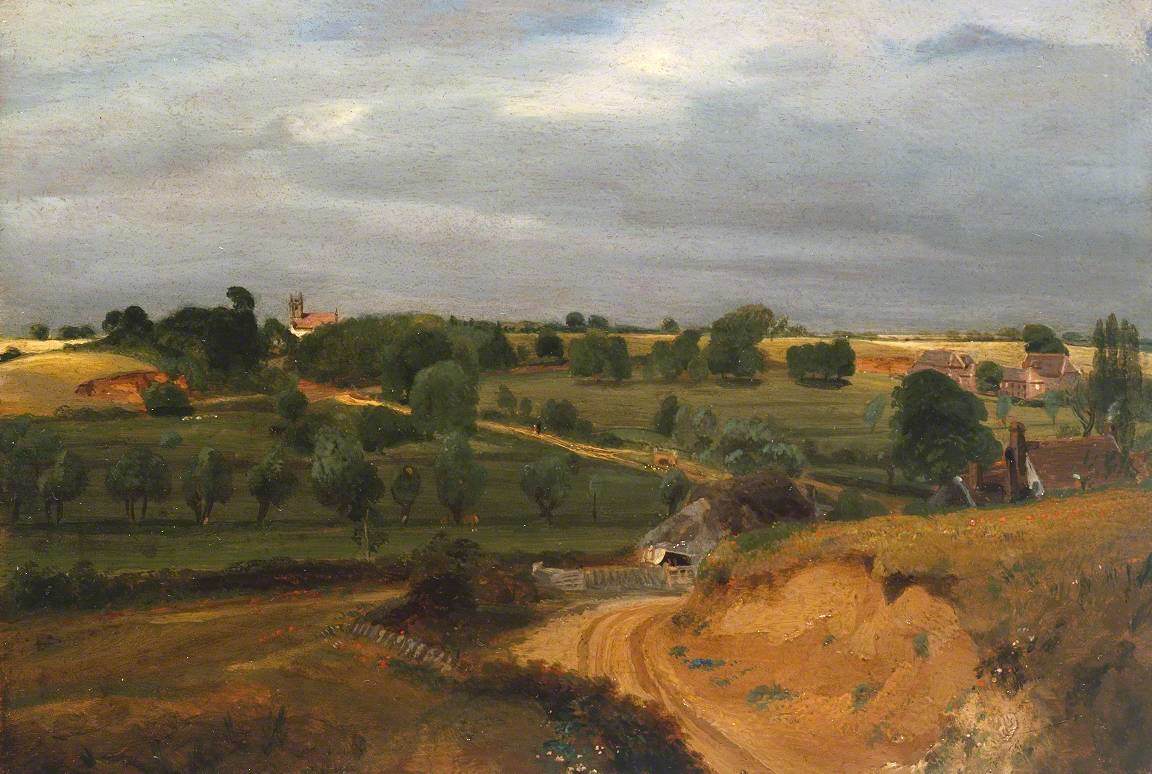William-Adolphe Bouguereau, Une Vocation
That’s this week’s crossword she’s got there. Judging from the position of her pen and the expression on her face, she’s at 52 Across, and trying desperately to remember what exactly a “ratite” is. She’s seen the word before, maybe in another crossword—but what does it mean? It’s nothing to do with rodents, or rodent-followers, but it is some kind of animal, isn’t it? A “gnu” maybe?
If you attended last August’s Lollapuzzoola tournament, you may have picked up a promotional copy of this very puzzle, which was distributed there on my behalf by my test-solver, editor, and promoter, the inexplicably generous “Bob Kerfuffle.” I was not myself in attendance, as I prefer to cultivate an air of reclusive genius—in the hope of being revered as the J.D. Salinger, the Emily Dickinson of crosswords. Do please try to play along with me in this.
Download this week’s crossword:
Solve this week’s crossword online:
























